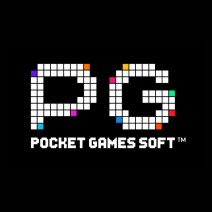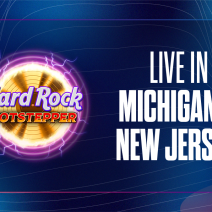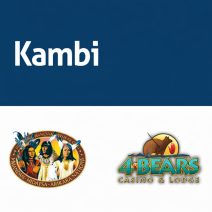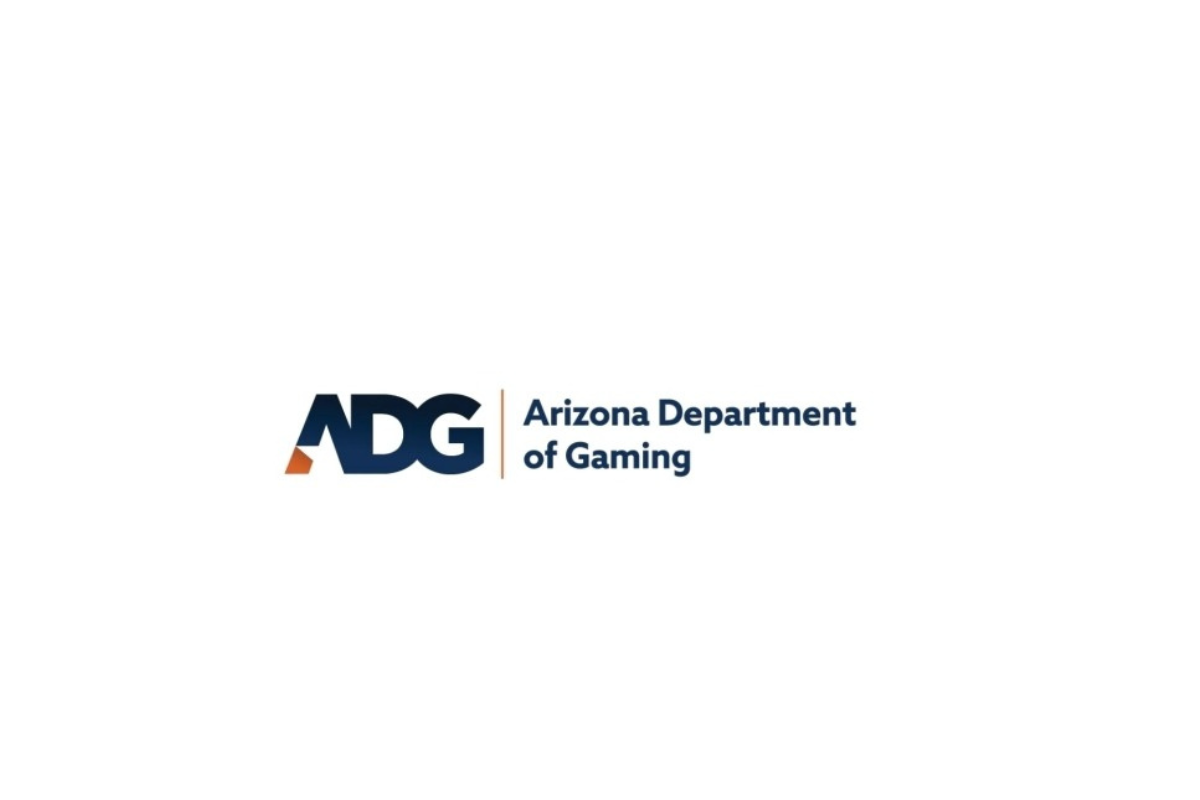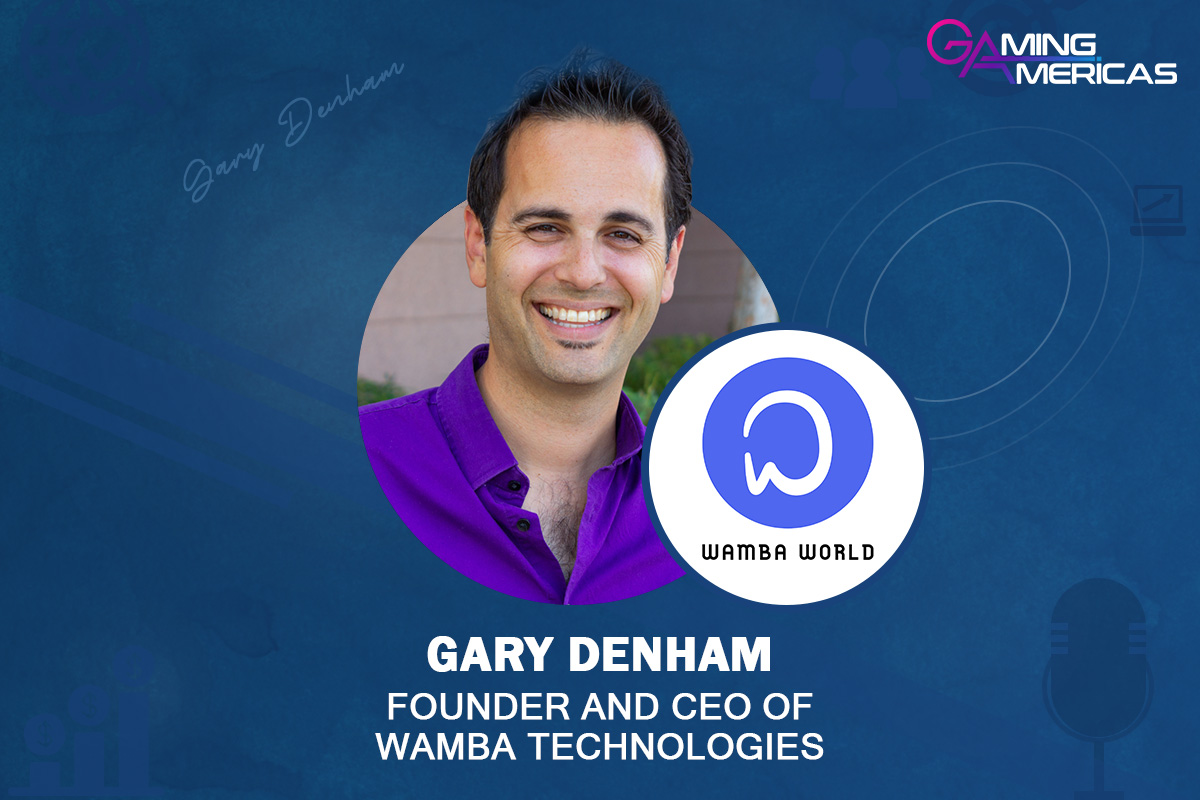
How Esports Companies Can Address The Confusion Around Gambling
An exclusive Q&A w/ Gary Denham, Founder and CEO of Wamba Technologies and Gamer’s Oasis
What inspired you to found Wamba Technologies and develop the patented esports platform, Gamers Oasis?
My motivation was the void of wholly accessible online gaming competitions. Wamba Technologies, in conjunction with Gamers Oasis, aims to create a platform where gamers can engage in fair and constant competition, free from any suspicions of impropriety, while winning money as a result of their performance. Basically, players will be able to pay an entry fee into an online competition, compete, and win money back if they place well enough in the competition.
Could you elaborate on why the misconception of esports as a form of gambling exists despite the legal framework distinguishing skill-based competitions from games of chance?
This misperception arises from the similarities between online esports competitions and traditional gambling activities, particularly where participants are paying an entry fee and vying for monetary rewards. However, at the most basic level, it comes from industry ignorance.
Anyone who has actually looked at this or participated in esports knows this is no different than tennis, golf, NASCAR, motocross, etc. This just happens to take place online. Aside from that, there is really no difference.
In your recent Forbes article, you draw parallels between online video game competitions and the financial structure of online poker. How do you see this comparison influencing the perception of esports within the regulatory landscape?
This comparison sought to underscore the potential revenue from esports while addressing any misunderstandings regarding its classification as gambling. By framing esports within a recognizable regulatory context and emphasizing its skill-based nature, the intent was to facilitate clearer guidelines and regulations conducive to industry growth. Beyond that, I also wanted to illustrate just how much untapped financial potential exists in the industry, which I aim to capitalize on with Gamers Oasis.
How do you think the historical context of online poker and its impact on the perception of online gambling influences the current discourse surrounding esports and its legal classification?
The confusion and misconceptions stemming from the past have contributed to the ongoing debate over whether esports should be deemed a form of gambling, despite its inherent emphasis on skill. Here is where it becomes very clear: remove the internet from the equation and consider the question again.
Has anybody looked at “real life” video game competitions as “gambling” in the last 40 years (aside from Las Vegas trying to get their hands on it, and failing)? Of course not. So why would featuring the same exact competitions on the internet suddenly somehow magically make this gambling?
It doesn’t. Ergo, this is CLEARLY not gambling.
What measures do you believe are necessary to establish clear guidelines and regulations for esports, ensuring both consumer protection and industry growth?
Nothing governmental. I think where esports are concerned, regulators need to stay out of it.
Will they? Only time will tell — but we don’t regulate golf, NASCAR, tennis, or any other sports. Sure, they each have their own rulemaking bodies, but those are not governmental entities, nor should they be.
I think that to make an exception for esports would set an extremely dangerous precedent and open up all sports to such regulatory oversight. Quite frankly, the day I see the government actually make something in corporate America better, I may be willing to revisit this sentiment. Until then….
How much of the gaming population do you expect to be interested in a platform like Gamers Oasis?
With approximately 660 million actual and potential esports players globally, I expect a significant portion of the gaming population to be interested in a platform like Gamers Oasis. Hundreds of millions of players are traveling to various locations to participate in competitions already.
To give them the ability to simply access this from the convenience and comfort of their own home is something that has gone over exceedingly well in all other comparable situations which we’ve seen. Banking. Shopping. Poker. Collectibles. Multiplayer, casual gaming. Now we’ll see it with video game competition.
What can you share about monetization issues in esports and how Gamers Oasis plans to tackle the problem?
Monetization challenges in esports often stem from an attempt to mirror the traditional sports’ viewer-based model, where money is made by bringing fans out to stadiums or by encouraging them to buy merchandise. In this model, revenue comes from ad sales and sponsorships in addition to gate sales and merchandising.
While that works with traditional sports, it doesn’t translate well to esports. However, with the ease of access to gaming reaching an exponentially larger number of players than traditional sports reaches viewers (basically, not everyone can throw a baseball, but 40% of earth’s population plays video games), focusing on a player-based model that encourages everyone to participate, rather than merely making them a viewer, can produce far greater emotional attachment to the sport resulting in more participation time, more monetization opportunities in general, and ultimately, as a result, more revenue. Simply put, viewers generate some revenue for the sport, but players can be worth much much more than viewers. In video games, every viewer is a potential player, so, let’s make them players!
This is where Gamers Oasis will shine. We are developing technology that will allow players of all skill levels to compete and to know that they are engaging in fair competition. Basically, you could be a bad player, but know that you will only be competing against other bad players, giving you a real chance to win money. This is something that nobody else has seemed to be able to produce in a meaningful manner. We have a way to do this and to ensure this fair play. When anyone can win, all will play. When everyone is playing, the industry experiences exponential growth.
Looking toward the future, what do you see as the future of esports, more specifically in terms of regulatory frameworks and industry development?
One of the fundamental problems esports has had up until now is there is no universal set of guidelines. As I said before, I firmly believe that the government is not the answer.
With our patent, one of the things we intend to do is to have all parties who are licensing the patent join us in setting up core guidelines for all games which feature our technology. We see this as a sort of a start in creating that centralized entity which can help establish and enforce certain guidelines, keeping it as a consensus based entity composed of the major parties who are involved with us in these endeavors, a democratic approach of sorts, with us primarily facilitating the laying of the foundation.
What kind of a relationship do you envision between the casino industry and the esports industry?
Casinos are all about entertainment, and esports bring a whole new level of that to their customers. The possibilities are exciting in that whole new esport-themed experiences can be hosted within casinos. And as casinos seek to diversify their offerings to attract younger demographics, esports present a lucrative opportunity for engagement and revenue generation through esports betting and tournaments themselves.
I think that third-party betting should be separated from any true esports platform. A true esports platform should only have the player paying their entry fees and should not involve third parties wagering on the outcome when they are not actually involved in the competition.
This is where the casino industry comes in. The casinos can be a distinct and separate entity to facilitate those kinds of transactions, keeping them wholly separated from the platforms featuring esports.
One of the major reasons for this separation is age requirements. A true esports platform should allow kids (with parental permission) to be allowed to compete just as they do in real life. However, I feel very strongly that wagering on anything as a non-participant should have some restrictions, as it has the means to cause harm to younger, developing minds. By separating the two, we can keep the competition platforms “kid friendly” while still serving the needs of the audience that seeks the other service.

